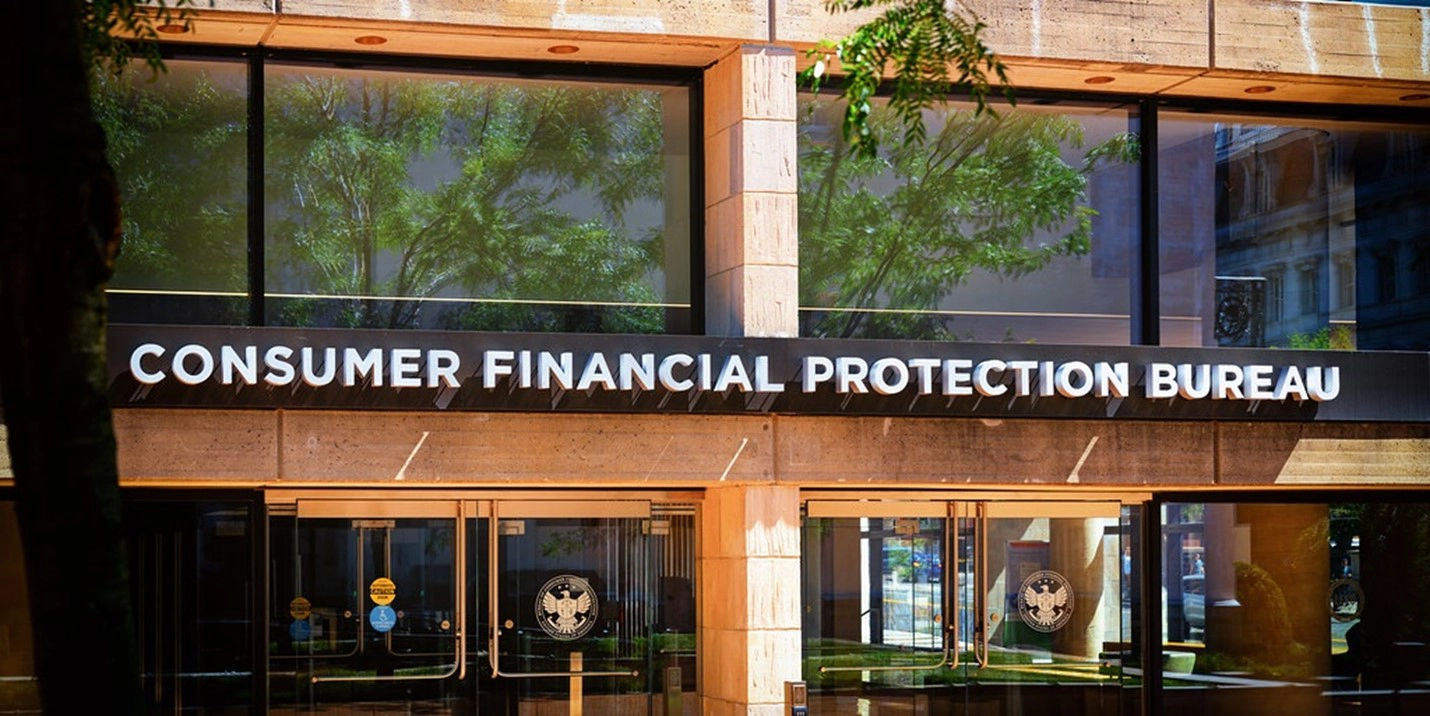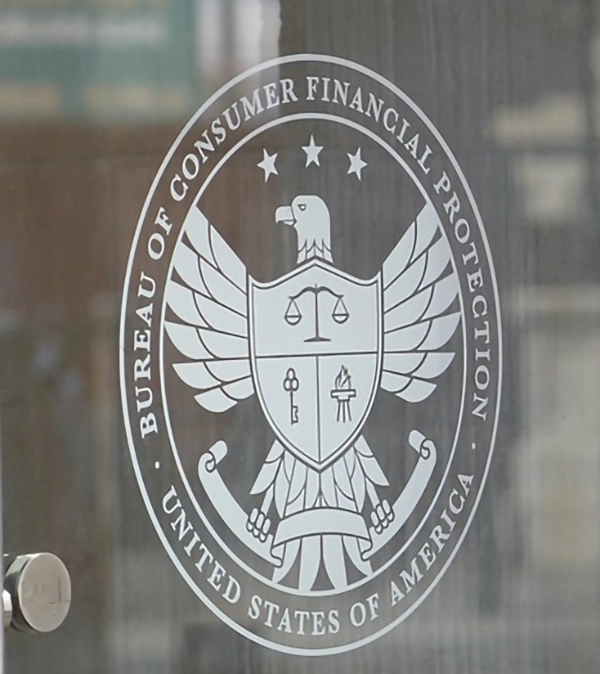
The U.S. Consumer Financial Protection Bureau (CFPB) is acting to block predatory financing, redlining, and zombie mortgages. What’s all this about predators, red lines and zombies, you ask? Let’s break it down.
Predatory Financing: Contracts for Deed
A contract for deed is a seller-financed home sale that leads to default more than mainstream mortgage loans do. The CFPB says sellers often deliberately set borrowers up for failure.
Predatory sellers use contracts to target low-income borrowers, and members of faith-based communities that forbid paying or charging interest (so a lot of these borrowers feel they have no other choice). The sellers keeps the deed until the borrower finishes repaying the loan in full. Investor groups have left buyers responsible for major repairs and unpaid tax bills.
Many of these investor groups sell homes at inflated prices in the first place. And even though they are touted as interest-free, these loans do come with interest rates. They might be hidden in other contract language, but the charges are there — and they are high.
If the buyers fall behind in their loan repayments, they’re out on their ears. Then the seller-lenders can “churn” the homes back into the market, and make even more money.
Under the Truth in Lending Act, lenders must lay out rates and payment schedules. And when loans have exceptionally high rates, extra protections are supposed to apply. The Act limits treacherous balloon payments, which contracts for deeds often have.
The CFPB’s director, Rohit Chopra, says: “The government is taking action to ensure that these products do not turn the dream of homeownership into a nightmare.”
Historic Redlining Settlements, With One Credit Union After Another

The Consumer Financial Protection Bureau is also focused on getting redlining out of mortgage lending.
The CFPB together with the U.S. Justice Department settled a case in October in which it charged a corporation with sidelining minority home seekers in Birmingham, Alabama.
Wisconsin-based Fairway Independent Mortgage Corp. (doing business as MortgageBanc in and around Birmingham) is one of the top three wealthiest U.S. mortgage companies. The two agencies alleged that MortgageBanc’s activities offended several federal laws:
- The Equal Credit Opportunity Act.
- The Consumer Financial Protection Act.
- The Fair Housing Act.
So, what exactly did the company do to offend so much law? It ran all its storefront loan offices and loan issuances out of areas of Birmingham where Blacks do not live. It sent marketing mailings out only to, and recruited loan applicants from, those same communities.
The corporation also worked through following up on leads from real estate agents. Where did those prospective customers live? You guessed it. But the agencies could also compare and contrast the lending practices against those of similarly situated lending companies. And they found that MortgageBanc was approving far fewer Black applicants than the other companies were accepting.
The settlement, once it gets the court’s green light, goes like this. MortgageBanc’s parent company now has to pay nearly $2 million in civil penalties.
The corporation has also agreed, as the CFPB has reported, to do these things:
- Set up new loan offices in majority-Black neighborhoods in Birmingham and its surrounding areas.
- Fund advertising and outreach, consumer information, and new collaborations with agencies and community groups that serve residential neighborhoods neglected by MortgageBanc. All of this funding is worth $1 million.
- Pitch in $7 million to fund loan subsidies “aimed at offering affordable home purchase, refinance, and home improvement loans in majority-Black neighborhoods in Birmingham.”
It’s just the latest salvo in the CFPB’s campaign to take exploitive and exclusionary mortgage practices out of today’s lending offerings. The week before this settlement was announced, the Department of Justice had come out with a major settlement with Citadel Federal Credit Union. That was the first-ever settlement the DOJ has obtained from a credit union.
RIP, Zombie Mortgages.
What is a zombie mortgage? Imagine a debt collector calling you about a mortgage you thought was dead and gone. Maybe it was a home equity loan. Maybe it was another kind of second mortgage that you had years ago.
Back before the housing market cratered in 2008, mortgage companies would sometimes extend two loans for one home. The financial crisis then trapped borrowers in debt, aggravated by these “piggyback” mortgages.
When home values began to drop, some deed holders went underwater. Many of those second mortgages went into default.
Some defaults led to foreclosures. Other loans were ditched by lenders as uncollectible, or sold off to debt collection firms. When lenders wrote off old loans and sold them at deep discounts to collection companies, many languished unpaid. Lenders went out of business. Loans dropped off the radar. Some borrowers, having heard nothing about the accounts for years, just figured their second mortgages had been absorbed into their primary mortgages, or forgiven.
Now, years later, companies are trying to bring long-neglected second mortgages back to life. Homeowners are hearing from collection firms that want old balances paid with penalties and interest. This is the problem of zombie mortgages.
Because these very old loans are no longer legally collectible, states are working to halt this practice, and so are the Feds.
A 2023 CFPB advisory opinion says collection firms threatening to foreclose on long-past mortgage debts may be on the wrong side of the Fair Debt Collection Practices Act. And Rohit Chopra stated: “We are making clear that threatening to sue to collect on expired zombie mortgage debt is illegal.”
As the Biden Administration Winds Down…
Federal agencies have stepped up their Combatting Redlining Initiative, pursuing menacing companies with suits and settlements. More is expected to unfold this winter, in a last-chance push before authority shifts to the incoming Trump administration.
Important note: This column is not legal or financial advice. Consult an attorney, a legal services firm, or the Consumer Financial Protection Bureau itself if you believe you’re facing unfair lending practices. The Consumer Financial Protection Bureau is a federal agency with a mission to make financial companies treat you fairly.
Supporting References
Consumer Financial Protection Bureau via ConsumerFinance.gov: What Is a Zombie Second Mortgage? (last reviewed May 14, 2024).
Consumer Financial Protection Bureau Newsroom via ConsumerFinance.gov: Press Release – CFPB Takes Action to Stop Contract-for-Deed Investors from Setting Borrowers Up to Fail (Aug. 13, 2024).
Consumer Financial Protection Bureau via ConsumerFinance.gov: Advisory Opinion – Final Rule Truth in Lending (Regulation Z); Consumer Protections for Home Sales Financed Under Contracts for Deed.
Troutman Pepper Locke (formerly Troutman Pepper Hamilton Sanders LLP) via Troutman.com Insights: In Case You Missed It – Consumer Financial Services Law Monitor; October 2024 in Review (Nov. 4, 2024). See also: Joseph Reilly, Lori Sommerfield, and Chris Willis for Troutman Pepper Locke: DOJ and CFPB Announce Landmark Redlining Settlement With Fairway Independent Mortgage Corporation (Oct. 17, 2024).
Christy W. Hancock in the National Law Review via NatLawReview.com (part of the National Law Forum, LLC): CFPB Issues Guidance to Lenders and Collectors on So-Called Zombie Second Mortgages (Apr. 27, 2023).
And as linked.
For more on this topic, please see our Federal Update on New Contract for Deed Rules.
Photo credits: Tony Webster via Flickr | CC-BY SA 2.0; and CFPB (Nikhilesh De/CoinDesk) | via Flickr | CC-BY SA 2.0.
